Why everyone has an interest in ending the conflict in Ukraine
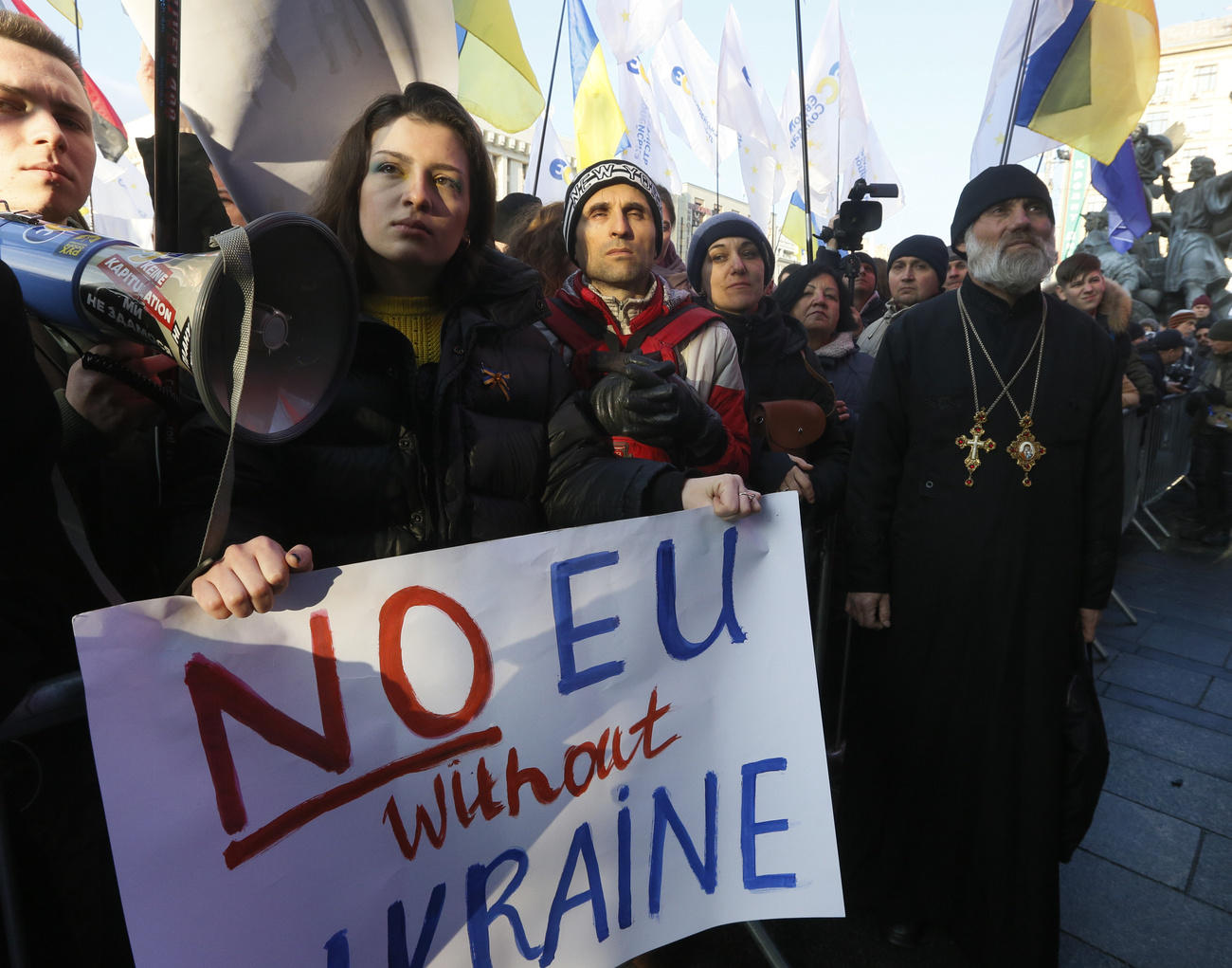
A long-awaited summit in Paris is aiming to find a way to end the war in Ukraine, after five years and 14,000 lives lost in a conflict that has emboldened the Kremlin and reshaped European geopolitics. A Swiss diplomat active in the region shares his thoughts.
The leaders of Ukraine, Russia, Germany and France are meeting on Monday at the Elysée Palace to try to revive a 2015 peace deal, the Minsk Agreement. This has gone largely ignored as Ukrainian soldiers and Russia-backed separatists continue to exchange fire across First World War-style trenches along the front line slicing through eastern Ukraine.
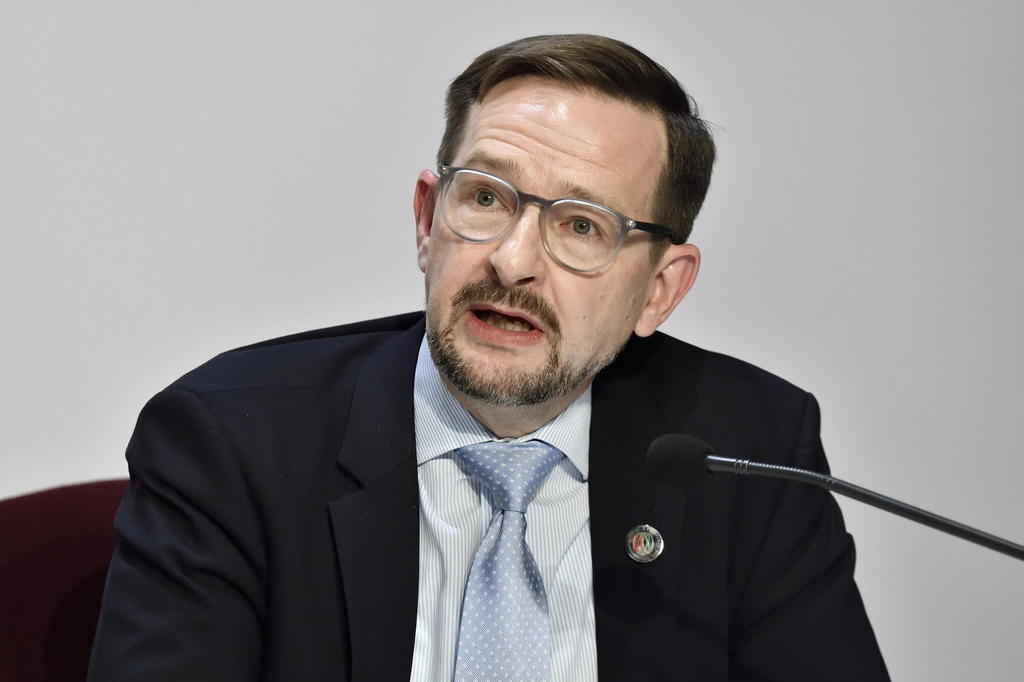
More
Swiss OCSE chief warns of European security risks
“It’s true that for practically five years little has happened regarding the implementation of the Minsk Agreement,” Thomas GremingerExternal link, Secretary General of the Organization for Security and Co-operation in Europe (OSCE), told Swiss public radio, SRFExternal link.
“What is positive, however, is that thanks to the agreement, we’ve managed to prevent the conflict in eastern Ukraine from getting worse. And we’ve also succeeded in reducing the humanitarian impact on the affected population – not least thanks to the OSCE Special Observation Mission. But it’s true that we’ve not really come any closer to resolving the conflict.”
The OSCE plays a key role in the Ukraine conflict as an observer, buffer and mediator.
‘Face-saving withdrawal’
Whatever happens in Paris, the summit is the biggest test yet for Ukrainian President Volodymyr Zelenskiy, who won the presidency this year in a landslide – partly on promises to end the war. The summit notably includes the first face-to-face meeting between Zelenskiy, a comic actor and political novice, with Russian President Vladimir Putin.
Some Ukrainians fear Zelenskiy will surrender too much to Putin in Monday’s meetings, and several thousand people rallied on Sunday on the iconic Maidan plaza in Ukraine’s capital Kiev to demand that the president defend the country’s interests. More protests are expected.
Russia wants to use the summit to increase pressure on Zelenskiy to fulfil the 2015 Minsk peace accord, which gives the rebel-held regions more autonomy in exchange for ending the fighting.
“I think everyone now has an interest in ending this conflict,” Greminger says.
“This conflict is expensive, especially for Russia – when you think of the sanctions, the damage to its reputation or the loss of confidence. All this support for the de facto authorities in the separatist regions costs Moscow an enormous amount of money. That’s why I believe that Russia is definitely interested in a face-saving withdrawal from the Donbass region.”
Breakthrough?
For his part, Zelenskiy wants to tweak the timeline laid out in the Minsk accord, which calls for Ukraine to be able to regain control of its border with Russia only after local elections are held in the separatist regions and the regions receive autonomous status. Zelenskiy says Ukraine must get control of its border before local elections are held.
The Kremlin insists that’s not an option, and the separatists hope that Russia, France and Germany refuse Zelenskiy’s requests.
Zelenskiy said before Monday’s talks that he hoped they would help achieve a lasting ceasefire. Among other things, he wants to negotiate a quick deal to exchange all prisoners held by the warring parties.
An end to the conflict in the Donbass region could also lead to an eventual lifting of EU sanctions against Russia linked to the eastern Ukraine fighting, which the Kremlin and European businesses have pushed for. The EU and US imposed separate sanctions on Russia over its annexation of Ukraine’s Crimea.
Greminger cautions that expectations should not be too high but says steps towards a sustainable ceasefire seem “realistic”.
“I also hope there will be an impetus to address the many unresolved political issues: the special status for certain areas in Donetsk and Lugansk, the question of an amnesty, the creation of conditions for democratic local elections in the conflict zone or Ukraine’s access to the Ukrainian-Russian border. Something must now be done.”
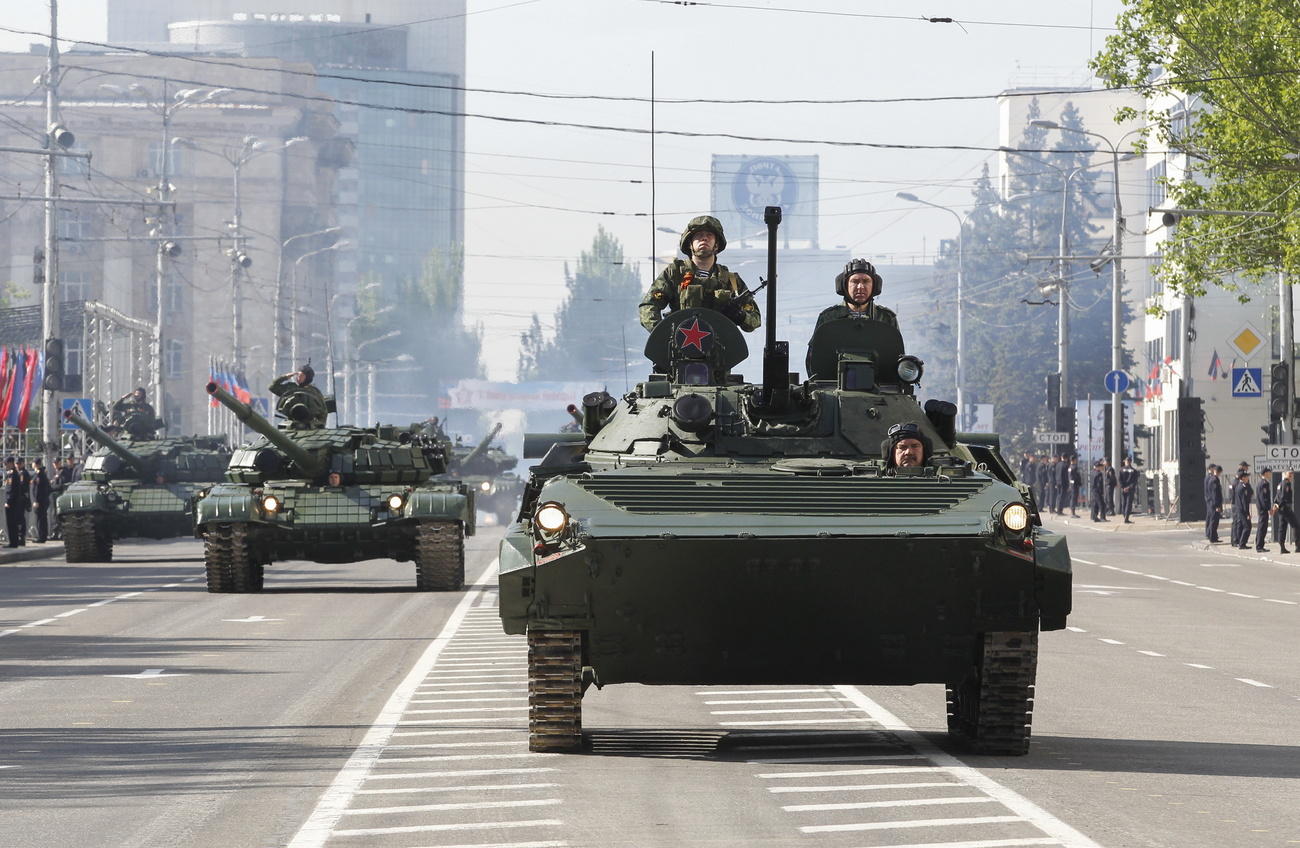
More
Switzerland sends humanitarian supplies to Ukraine conflict zone

In compliance with the JTI standards
More: SWI swissinfo.ch certified by the Journalism Trust Initiative
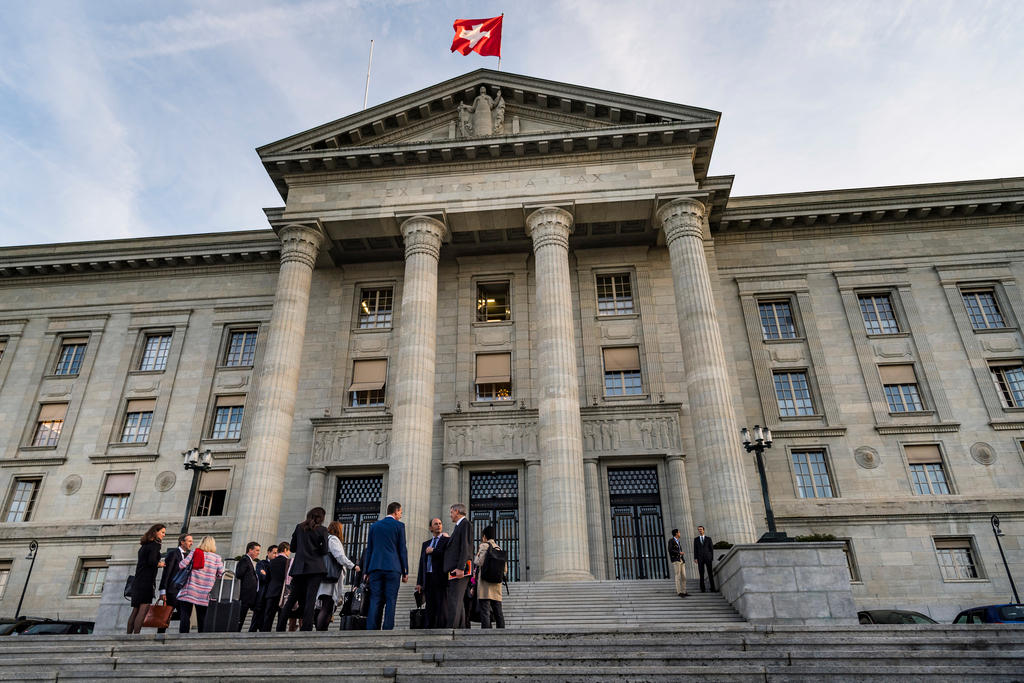
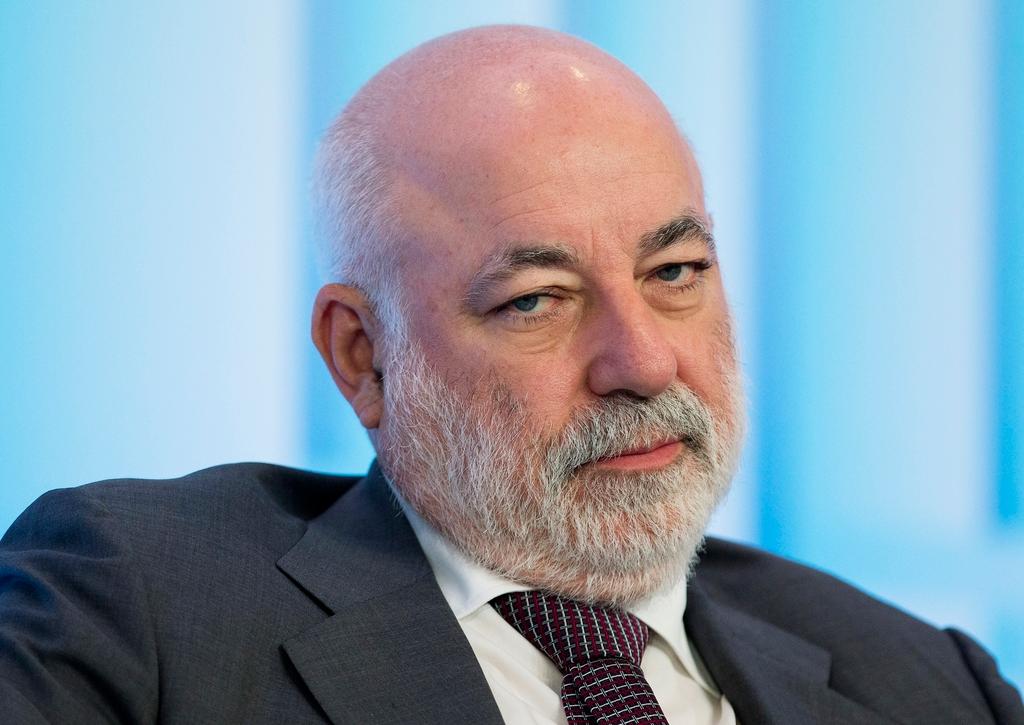
You can find an overview of ongoing debates with our journalists here. Please join us!
If you want to start a conversation about a topic raised in this article or want to report factual errors, email us at english@swissinfo.ch.